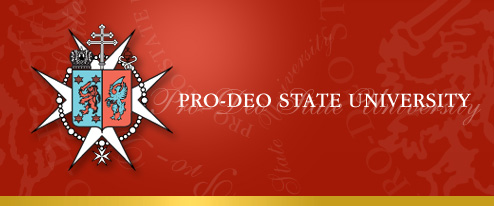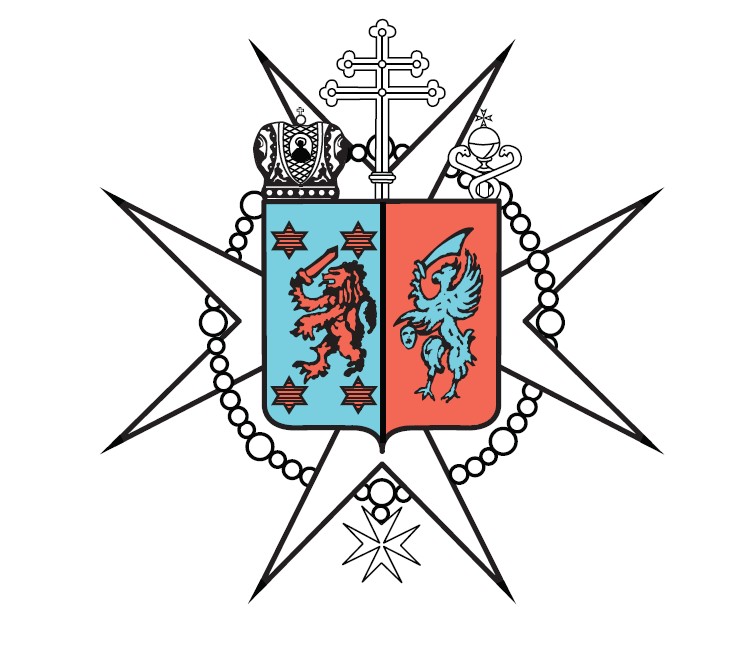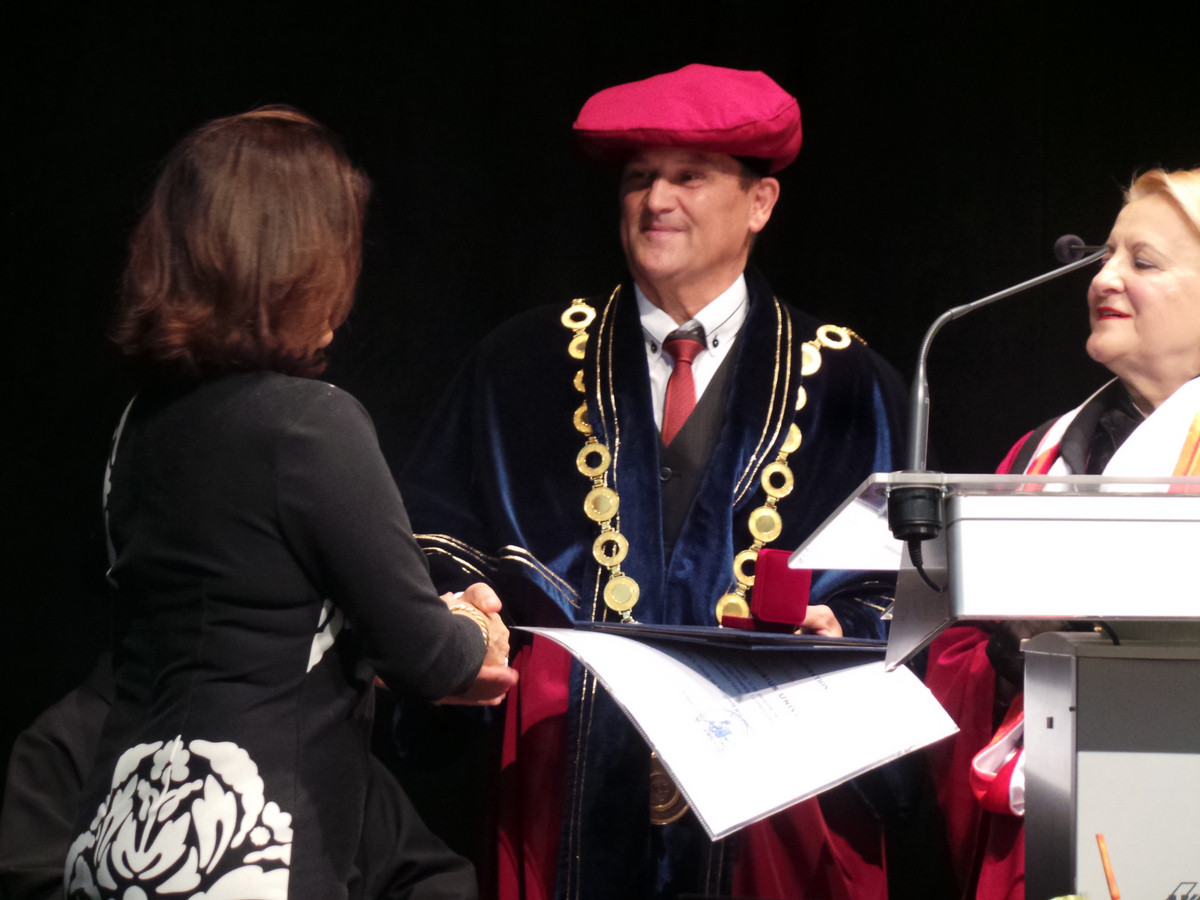| RECTORIAL ACT 23/03/2011 |
|
To implement the decision of renewing all of the structure of our University, in accordance with the internationally accepted standards of quality and procedures, in order to better correspond to the needs and to the reality of the Pro Deo State University as an international University in the present times, it was decided to implement the Regulation of the System of Curricular Credits, in accordance with the European Credit Transfer and Accumulation System ( ECTAS ), for the courses of our University conferring an Academic Degree; In the sequence of the approval by the Pedagogical Council, Scientific Council and Curator's Board, successively, in virtue of the powers conferred upon us as Rector Magnificus and as President of the Curator's Board, by the present Act we approve the following rules: REGULATION OF THE SYSTEM OF CURRICULAR CREDITS ARTICLE 1- From the present day on, the following will be the REGULATION OF THE SYSTEM OF CURRICULAR CREDITS for the courses conferring an Academic Degree of the Pro Deo State University: ARTICLE 2 – Definition of Curricular Credit Paragraph 1 – A Curricular Credit is an unit to measure the work of the students in its several forms, namely the attendance to classes and other learning sessions of all types, to seminars and conferences, participation in field works, preparation and presentation of dissertations and theses, performance and participation in traineeships, internships, and other academic activities comprehended in the respective University Course. Paragraph 2 – A Curricular Credit is measured by estimated hours of work, based on the estimation that a normal academic year has one thousand and six hundred hours of classes or equivalent learning sessions as defined in Paragraph 1 of this Article, distributed over a period of 40 weeks, considering 40 hours of classes or learning sessions per week. In accordance to this the number of Curricular Credits of one academic year is of 60 Credits, corresponding one Credit to 27 hours of work of each student. ARTICLE 3 – Distribution of the Credits by the Curricular Units or Disciplines Paragraph 1 – The Curricular Credits of each year will be distributed by the number of Curricular Units or Disciplines of that year in accordance with the respective number of hours effective or estimated of learning sessions of all types as defined in the Paragraph 1 of Article 2 of the present Rectorial Act. Paragraph 2 – Each Faculty or Department of our University will have the obligation of defining the number of Curricular Credits of each Curricular Unit or Discipline of the courses under its supervision in accordance with the present Rectorial Act. Paragraph 3 – In case the specificity of certain courses justifies any change in the number of Curricular Credits or in the number of learning sessions of all types as above defined, this can be done, but the respective proposal must be presented by each Faculty or Department to the Rectory and have the approval of the Pedagogical Council and Scientific Council of the University. ARTICLE 4 – Curricular Credits and Examination Marks Paragraph 1 - The Curricular Credits have nothing to do with the marks obtained by the students in the examinations or similar evaluations of the different Curricular Units or Disciplines, therefore since the student obtains the marks required to pass the examination or similar evaluation corresponding to a Curricular Unit or a Discipline, the respective Curricular Credit will automatically be granted to him independently from the marks obtained in the examinations or similar evaluations. Paragraph 2 – The final result of a student in a Course is composed of the number of Curricular Credits obtained in accordance with the Rules of each Course and of the marks obtained in the examinations or similar evaluations. ARTICLE 5 – Curricular Credits and Academic Degrees Paragraph 1 – The first Academic Degree is of “Licentiate “ and requires 180 Curricular Credits for a 6 semester course, or 240 Curricular Credits for a 8 semester course. Paragraph 2 – The second Academic Degree is of “ Master “ and requires 90 Curricular Credits for a 3 semester course or 120 Curricular Credits for a 4 semester course, this in accumulation to the Curricular Credits required for the Degree of “Licentiate “. Paragraph 3 – The third Academic Degree is of “ Doctor “ and requires 180 Curricular Credits this including the time estimated to do the research and to prepare the respective dissertation or thesis. The present Act was done at the Rectory in the State of New York and in witness whereof I have hereunto set my hand and seal in use by this Office this 23th day of the month of March of the year of our Lord of 2011. RECTOR MAGNIFICUS |

 EU
EU


 The Magisterial House of the Federation, in full respect for the religious options of our Knights and Dames, in accordance with the Universal Declaration of the Human Rights of the United Nations, comes to express to all the greetings for the present season, namely for the following religions:
The Magisterial House of the Federation, in full respect for the religious options of our Knights and Dames, in accordance with the Universal Declaration of the Human Rights of the United Nations, comes to express to all the greetings for the present season, namely for the following religions: Welcome to the "Transfer of experience V4 from their EU integration and transformation processes - children´s rights” project. This is International Humanitarian House project supported by the International Visegrad Fund (IVF) and implemented by our partners from Slovakia, Czech Republic, Poland and Hungary. The pilot project will be implemented with help of our Georgian partner - No.53 Public School of Tbilisi.
Welcome to the "Transfer of experience V4 from their EU integration and transformation processes - children´s rights” project. This is International Humanitarian House project supported by the International Visegrad Fund (IVF) and implemented by our partners from Slovakia, Czech Republic, Poland and Hungary. The pilot project will be implemented with help of our Georgian partner - No.53 Public School of Tbilisi.
 Alapítása óta 10 sikeres oktatási év telt el a Sladkovicovo/Diószeg városban működő Danubius Főiskola életében, Doc. Ing. Djamal Gasymov PhD, az Akadémiai Tanács elnöke, és Prof. Mgr. Miroslav Danis rektor vezetésével.
Alapítása óta 10 sikeres oktatási év telt el a Sladkovicovo/Diószeg városban működő Danubius Főiskola életében, Doc. Ing. Djamal Gasymov PhD, az Akadémiai Tanács elnöke, és Prof. Mgr. Miroslav Danis rektor vezetésével.